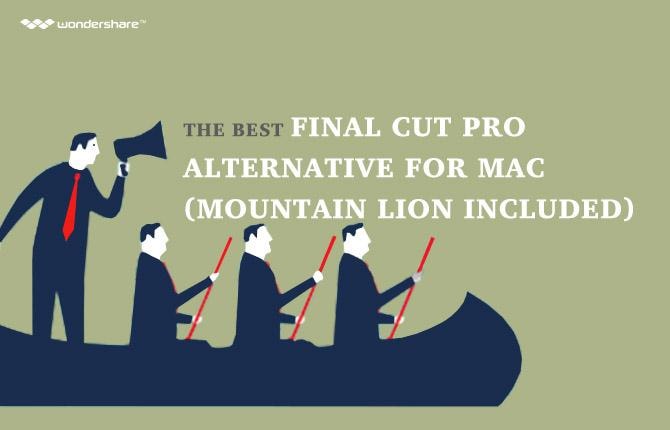Finale 2009 Torrent Mac Cleaner
Trust is earned, not given. It takes time to earn trust, and consumers' loyalty to private-label brands is no exception. As such, private-label dollar share tends to be highest in regions that have allowed it to mature and develop. Case in point, private label is most developed in Europe, particularly in the western markets. In fact, private label accounts for $1 of every $3 spent in the consumer packaged goods (CPG) market across all of Europe. Lg flatron l1750sq.
Amount Range. $ to $ Click here to remove amount filter. Search View Cart. Sort By: Title: A to Z, Title: Z to A, Price: Low to High, Price: High to Low. Finale 2010 for MAC. Autodesk Cleaner XL 1.5. AutoCAD Land Desktop 2009 32 bit Adobe Acrobat 7 Professional for MAC Adobe Acrobat 9 Pro for MAC.
Both regionally and worldwide, Switzerland has the highest private-label dollar share at 45%, followed closely by the U.K. And Spain at 41% each. Private level is less developed, however, in eastern and central Europe, where share varies greatly from a high of 24% in Poland to a low of 5% in Ukraine. Perceptions of private label are overwhelmingly positive in Europe, with 70% of respondents in a recent saying that private label is a good alternative to name brands and 69% indicating that private label offers good value for the money.


Only one-third (33%) believe private label is not reliable when quality matters. Though regional acceptance of private label varies around the world, Europe provides a strong model for how retailers can successfully develop and grow private-label brands. The region's successful private-label retailers have invested in brand management activities like those of their manufacturer peers, building significant brand equity and recognition for their products by providing value with standard and premium offerings for consumers at all price points.
Importantly, they are also innovating to address unmet consumer needs. An important truth also emerges in the region, where we see that success in private label does not represent the demise of name brands. Share of basket for even the heaviest private-label buyers hits a tipping point around 50%, and the most developed markets are at saturation levels.
Private-label share in global leaders, Switzerland and the U.K., has remained around 45% for the past 10 years. “Private label by nature is not predestined to grow; name brands have the growth advantage,” said Jean-Jacques Vandenheede, director of retail industry insight, Nielsen. “Commitment to innovation, analytics and marketing are effective strategies for maintaining and growing share.” So is not an irresistible differentiator. Psychological factors can be immensely powerful.
Shoppers will not compromise in some categories. For example, private label has not made a sizeable impact in the despite a price advantage of approximately 40%. Moreover, even in the hardest of times, consumers crave occasional indulgences, and they will pay a premium for their favorite brands.